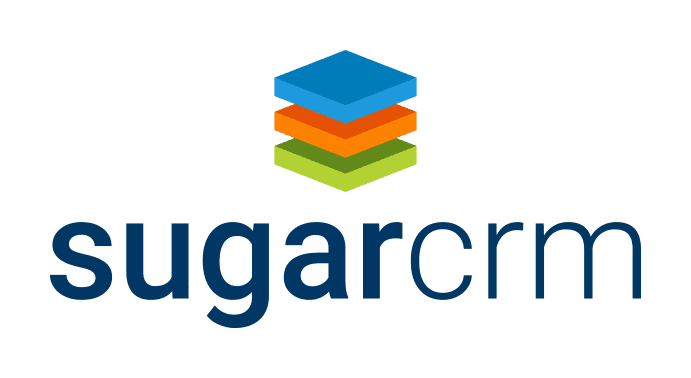If you’re starting to wonder if your current accounting system is cutting it, then its likely you are ready to switch from entry-level accounting to an ERP system. The good news? If you’re asking yourself that, then you are one step ahead of the game because many companies ask this question too late and have already begun to lose money and watch productivity levels plummet due to the inefficiencies their system now causes. Your goal should be to change before you hit that point and there are many signs to look for to stay ahead of the curve.
Once you have recognized the warning signs that it’s time for you to make the move to a new accounting or ERP system, the first thing to do is to get started on your account system needs analysis to narrow down what you need in a system before you even start looking. This should not only help speed the process along, but help you select the right ERP system for the job.
What is a needs analysis?
Merriam-Webster defines a systems needs analysis as “the process of studying a procedure or business in order to identify its goals and purposes and create systems and procedures that will achieve them in an efficient way.” So for your accounting system needs analysis, you will pick apart your accounting procedures to find the “must-have” features of your future ERP system, the features you would like to have that may not be critical, and those that you would be willing to give up for the greater good without hindering your performance. This will be a very detailed and comprehensive analysis, but it will be worth it in the end as it will ensure you make the right choice.
How to create an accounting system needs analysis. Answer the following questions.
- Which accounting modules in your current system does your department currently use?
- Identify all the information that flows through the accounting system.
- What kind of information-sharing between departments will you require?
- List each and every category of accounting transactions your department performs.
- How many of each type of transaction does your department perform during a typical accounting period?
- Which kind of reports does your department use today?
- What are your specific data retrieval and reporting requirements?
- Which specific custom reporting requirements do you have?
- How many admin users will need to have access to the accounting system?
- How skilled are your end-users in accounting and computer experience?
Take a look at the answers you have just come up with, what other issues have these questions brought up? You’ve listed the current modules you use, but what about the ones you wish you had that you do not have today? Make your own list of questions and comments to build off or your accounting system analysis. With the number of accounting packages growing by the day, choosing the right one has only gotten more difficult. By answering the above questions in the accounting system analysis and building out your secondary list, you can begin your search with a good idea of what you are looking for in a system and what your company needs to be successful.Optimize Your System: How to Avoid Implementation Sins. Read More Here.

